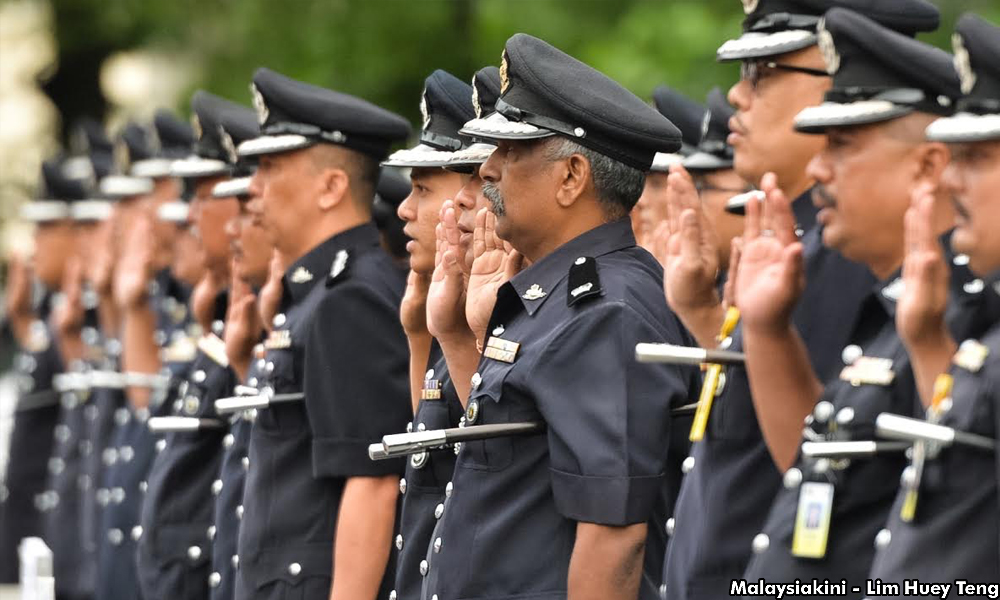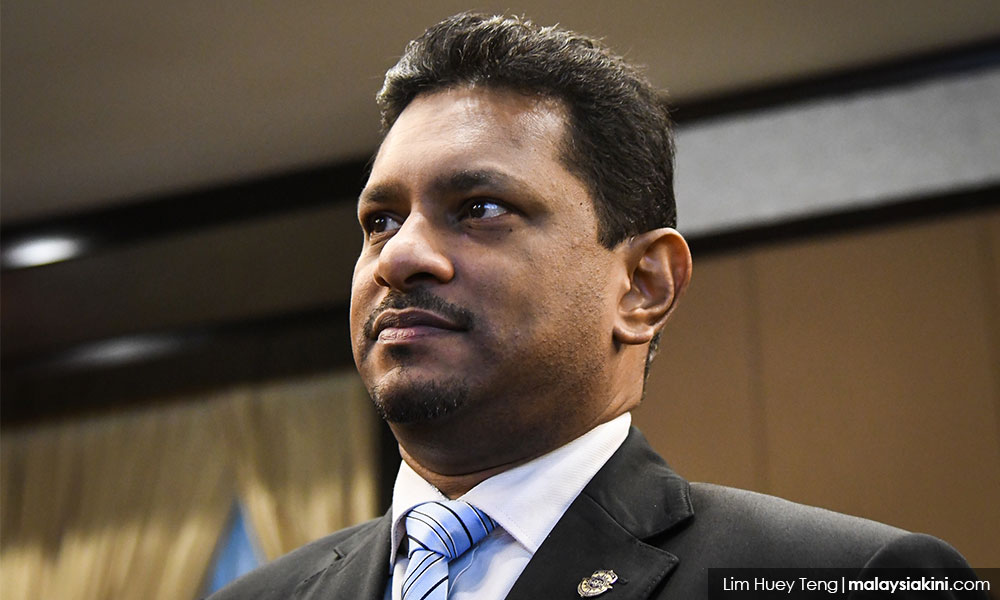
Last week, the federal government tabled the Independent Police Complaints of Misconduct Commission Bill 2019. The bill proposes the setting up of the Independent Police Complaints of Misconduct Commission (IPCMC), an independent external oversight body of the police force.
The IPCMC was first mooted in 2005 by the Royal Commission to Enhance the Operation and Management of the Royal Malaysian Police (PDRM), headed by former Chief Justice Mohamed Dzaiddin Haji Abdullah.
The IPCMC was the core thrust of several recommendations of the Royal Commission, which also included those which would improve the welfare of the police force.
Civil society and the then opposition have long demanded the setting up of the IPCMC. Instead, Parliament enacted the Enforcement Agency Integrity Commission (“EAIC”) Act, a pale shadow of the IPCMC and an ineffective external body tasked to look into complaints against enforcement agencies.
Pakatan Harapan, in its election manifesto, had promised to set up the IPCMC and in Abdul Hamid Bador, we have an inspector-general of police who appears supportive of the IPCMC. Thus, more than a decade after the Royal Commission, the IPCMC bill is tabled in the Dewan Rakyat.
The Malaysian Bar, one of the long-standing advocates of the IPCMC, has lauded the government’s move to table the bill. According to its president, Abdul Fareed Abdul Gafoor (below), the establishment of the IPCMC “is a crucial first step, and the only way, in which the rogue elements in PDRM can be identified, isolated and held accountable for their misconduct and criminal acts.”

The IPCMC bill appears to have taken on board most of the recommendations of the Royal Commission. More importantly, it would appear that the IPCMC proposed by the bill would be a marked improvement over the EAIC.
The biggest difference between the proposed IPCMC and the current EAIC would be the disciplinary powers.
According to the EAIC Act, when the EAIC has completed its investigation into any complaint of misconduct under the Act and finds that the misconduct constitutes a disciplinary offence, it shall make recommendations as to the punishment that should be imposed upon the enforcement officer concerned, and refer the matter to the ‘appropriate disciplinary authority’ for action.
However, under the IPCMC Bill, the proposed IPCMC will have the authority to impose disciplinary action on any member of the police force for misconduct, including a warning, fine, forfeiture of emoluments, deferring salary movements, reduction of salary or reduction in rank, and also dismissal.
The lack of real ‘bite’ is one of the biggest criticism of the EAIC bill. It would appear that the proposed IPCMC would not have the same limitations of the EAIC.
That is not to say that there is no room for improvement. The bill will be debated further in the forthcoming sitting of Parliament in October this year.
In the meantime, the bill is available for public reading. This would allow the rakyat, civil society and stakeholders time to go through the IPCMC Bill with a fine toothcomb and to provide feedback and criticisms to the government.
It is hoped that the government would go further and facilitate feedback and discussions on the bill, and take into consideration any suggestion or criticism about the bill.
Only through this public consultation process will the final legislation be one that can truly create an independent oversight body on the police force, 14 years after it was first recommended by the Royal Commission.
SYAHREDZAN JOHAN is a civil liberties lawyer and political secretary to Iskandar Puteri Member of Parliament Lim Kit Siang. - Mkini


No comments:
Post a Comment
Note: Only a member of this blog may post a comment.